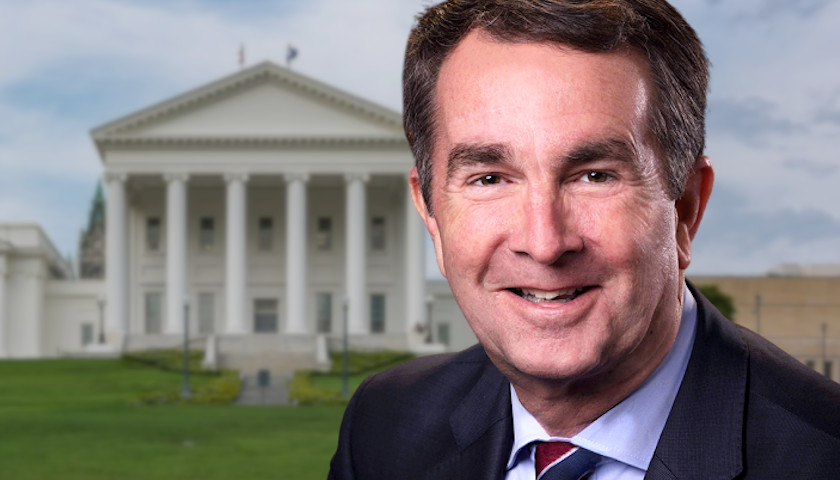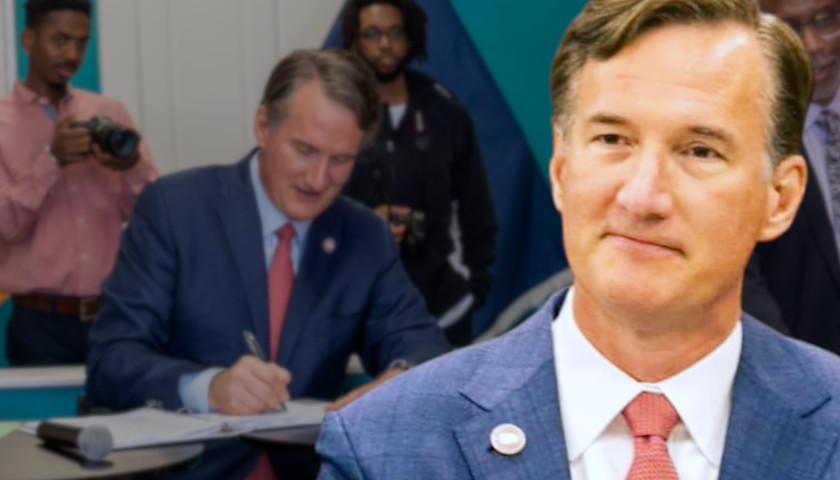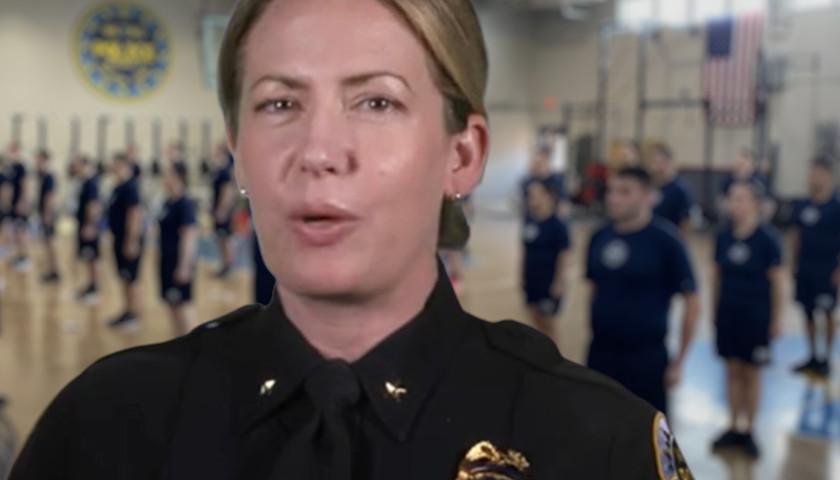Compromised legislation that gives localities the authority to establish law enforcement civilian review boards (CRB) successfully passed final votes in the Senate and House of Delegates Wednesday afternoon, and now goes to the governor’s desk for final approval.
Joint conference committee reports for Senate Bill 5035 passed the Senate (21-Y 17-N) and for House Bill 5055 passed the House (53-Y 35-N), mostly along the party lines of both chambers.
“The goal is to increase transparency and collaboration between local police departments and the communities they serve,” Sen. Ghazala Hashmi (D-Chesterfield), one of the sponsors, wrote in an email response to questions from The Virginia Star.
Simply put, the bill grants the local governing bodies of localities throughout Virginia to create CRBs with subpoena power and the ability to issue findings on complaints or incidents involving law enforcement officers as well as make disciplinary determinations such as termination.
The legislation in its current form is not the same as originally introduced, undergoing several changes during the conference committee process.
“The House conferees agreed with the Senate version of the bill: One, the legislation is permissive, enabling localities to establish CRBs if they choose,” Hashmi wrote. “Two, Sheriffs and Virginia State Police are not included because these law enforcement agencies do not fall under local authority.”
Other amendments to the legislation include: the CRB membership will reflect the locality’s demographics, a delayed enactment until July 1, 2021, and that a retired law enforcement officer may become a member to advise the other citizens, according to Hashmi.
Hashmi noted that it is completely up to the localities to decide the process for choosing members and how the CRB will be structured.
Some people who work in law enforcement, the group set to be impacted the most, are not in favor of the legislation, however.
“When you open up these processes to the general public, first of all, it slows discipline and slows remediation down considerably,” Dana Schrad, Virginia Association of Chiefs of Police executive director, told The Star in an interview. “Secondly, you’re making an officer’s personnel record an open book in the community. That puts the officer at risk, that puts their family at risk and, frankly, we’re going to have a hell of a hard time retaining officers when they feel like their bosses are the thousands of people that live in the community.”
Schrad added that a large majority of complaints or inquiries between officers and citizens are normally resolved fairly quickly and do not often require an oversight board to intervene.
A potential negative impact on officer retention comes at a time when the U.S. has the fewest number of cops in 25 years.
Sen. Mark Peake (R-Lynchburg), who voted against passing the conference committee report, said he had concerns over the fact that citizens would be Monday morning quarterbacking split second decisions law enforcement officers have to make in life or death situations.
Peake also brought up the possibility for members of CRBs to be anti-police.
Currently, there are already multiple localities in the Commonwealth with civilian oversight bodies. Those are Fairfax County, Charlottesville, Virginia Beach and Roanoke, according to the president of the Fraternal Order of Police of Virginia John Ohrnberger.
The legislation has not yet been communicated with Governor Ralph Northam as of Thursday.
According to Hashmi, the Speaker of the House and Senate President have to sign the substitute bills, which is expected to happen on Friday, and then the legislation will be delivered to the governor.
Alena Yarmosky, Northam’s press secretary, issued a blanket statement when asked by The Star whether or not the governor intends to sign the legislation into law.
“He looks forward to carefully reviewing this legislation, as he does with all bills that reach his desk,” Yarmosky wrote.
– – –
Jacob Taylor is a reporter at The Virginia Star and the Star News Digital Network. Follow Jacob on Twitter. Email tips to [email protected].
Background Photo “Virginia Capitol” by Martin Kraft. CC BY-SA 3.0.





